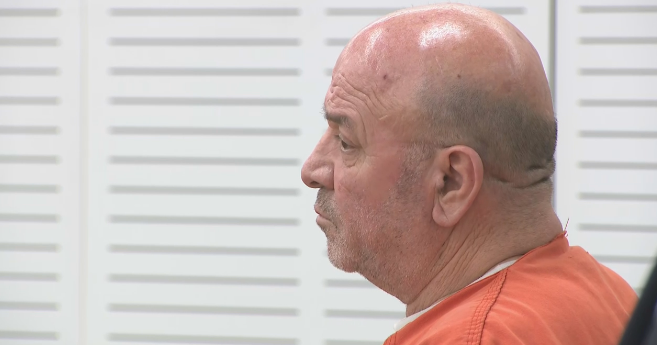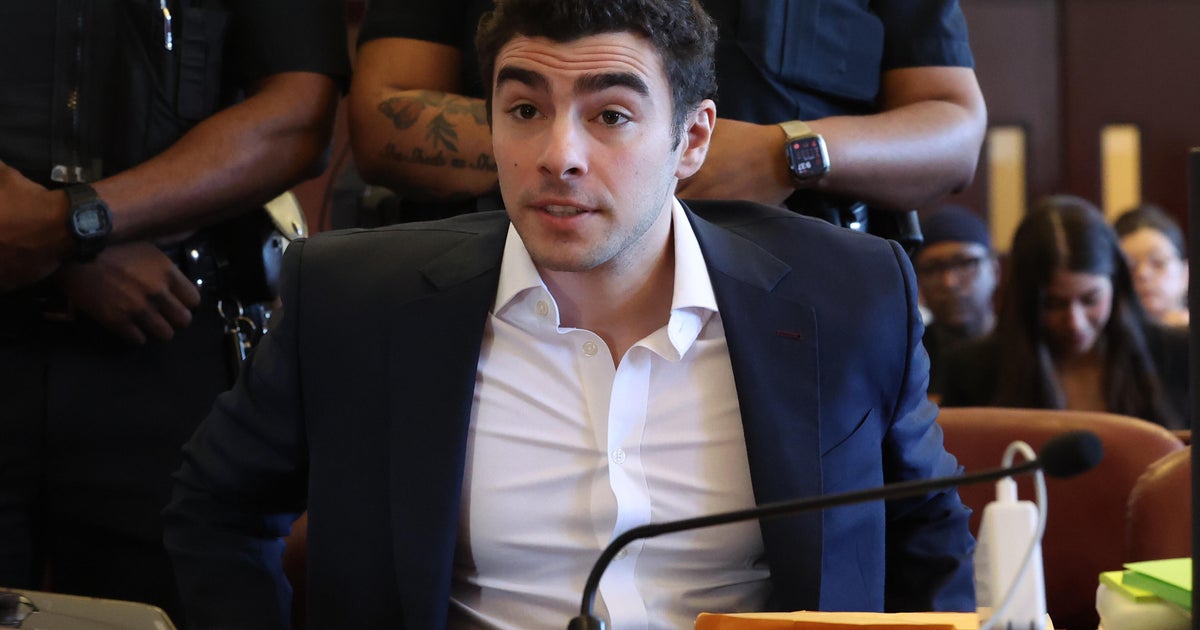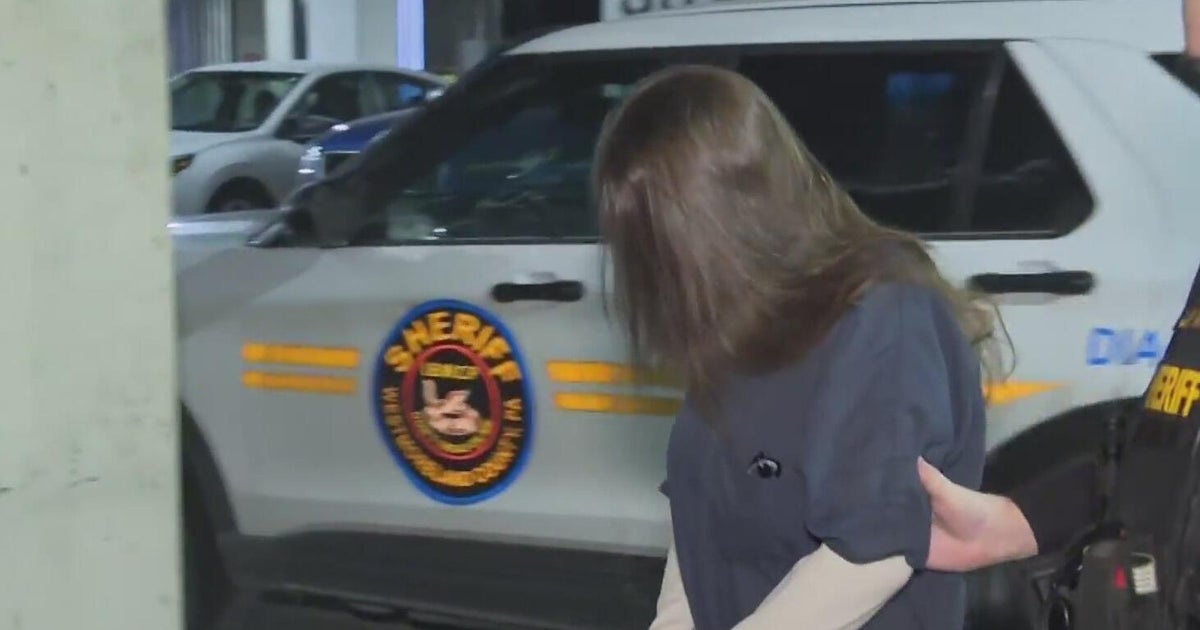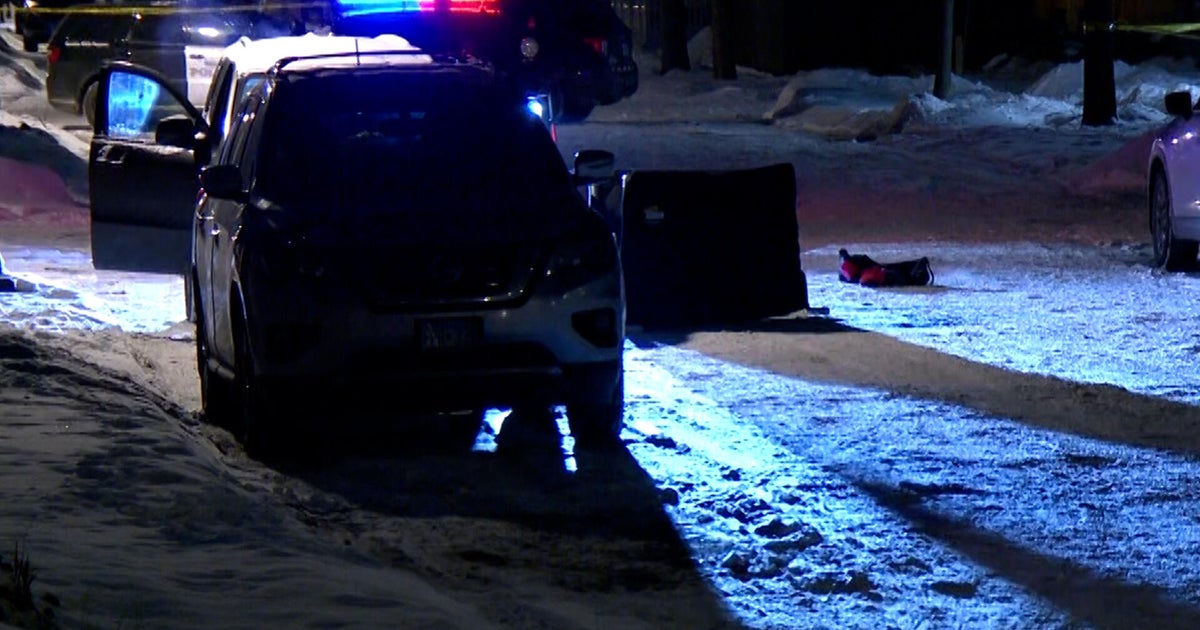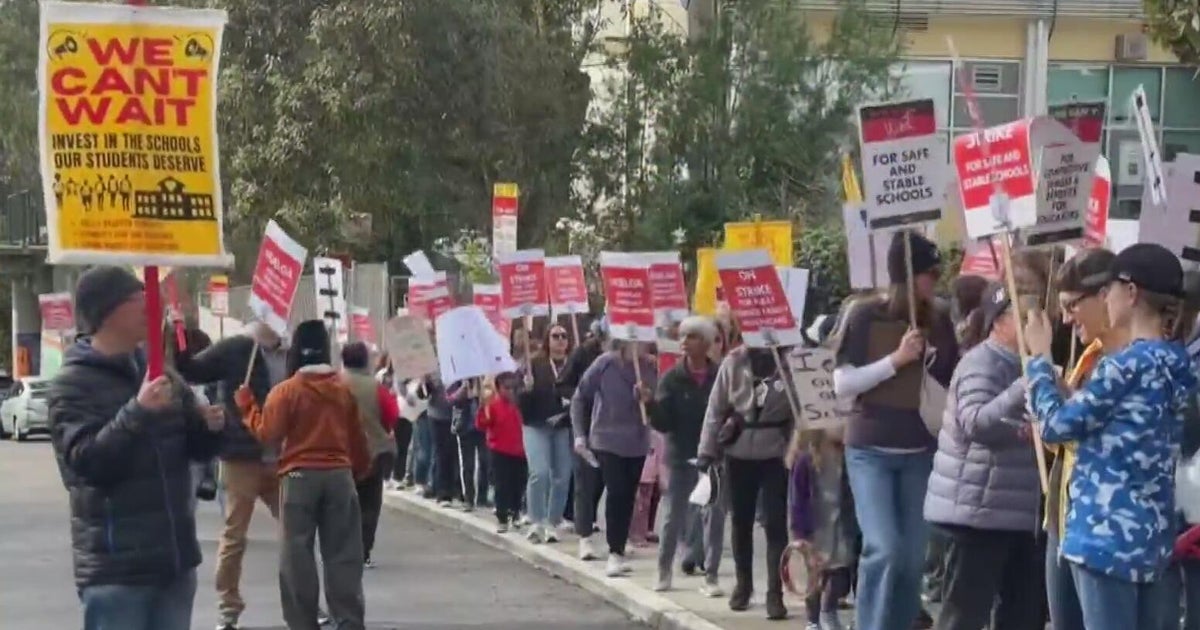Jury Deliberates In Hillsdale High Attack Trial
REDWOOD CITY (BCN) -- Jury deliberations began Wednesday afternoon in the San Mateo County Superior Court trial of Alexander Youshock, who is accused of attempting to kill his former Hillsdale High School teachers with 10 homemade pipe bombs, a samurai sword and a chainsaw on Aug. 24, 2009.
Before the jury was escorted out of the courtroom, defense attorney Jonathan McDougall reminded the jurors in his closing argument that independent psychologists and psychiatrists have diagnosed Youshock with schizophrenia, a mental illness that prevented the defendant from being able to formulate intent to commit murder.
To find Youshock guilty of the first four felony counts with which he is charged - two counts of attempted murder and two counts of exploding a destructive device with the intent to murder - the prosecution must prove the defendant formulated specific intent, McDougall said.
"The law mandates that we have to think about what's in this person's mind," McDougall said.
He refuted the prosecution's assertion that Youshock methodically premeditated his attack on Hillsdale High by researching how to make pipe bombs and mix their explosive ingredients, by selling pieces of his drum set to buy doorstops, fuses and other supplies, and by practicing cutting up tree branches with the chainsaw he planned to use as a murder weapon.
McDougall argued that if it weren't for Youshock's mental disease, he would not have responded to his teachers' reasonable efforts to get him to do his homework and participate in class by concocting a farfetched plan to murder them.
"If not for his mental disease, he wouldn't have been there that day," McDougall said.
Chief Deputy District Attorney Guidotti sought to unravel that argument by saying that Youshock's schizophrenic symptoms were exaggerated and exploited by the defense.
"All you have to do is look at what he did to determine he could form intent," Guidotti said.
She said that his suicidal tendencies were exaggerated, that he had opportunities to kill himself but never did.
She said that his hallucinations were infrequent before his arrest, and could even be considered normal if they were experienced at nighttime or just before sleep.
Guidotti also argued that Youshock's purported paranoia was simply a manifestation of a real fear that the police or his parents might catch on to his planned attack and stop him from carrying it out.
She said that the introduction of schizophrenia as a defense was motivated by Youshock's desire to escape responsibility for his actions, and called it "an abuse of the justice system."
Guidotti asked the jurors to put all sympathy for the defendant aside during their deliberations.
"Sympathy has no place in the search for the truth," she said.
Youshock has been charged with two counts of attempted murder, two counts of exploding a destructive device with the intent to commit murder, one count of possession of a destructive device in a public place, one count of use of explosives in an act of terrorism, and two counts of possession of a deadly weapon.
If he is found guilty of any of the charges against him, a second trial will begin before the same judge and jury to determine his sanity.
The jury is expected to continue deliberations Thursday.
(Copyright 2011 by CBS San Francisco. All Rights Reserved. This material may not be published, broadcast, rewritten, or redistributed. Wire services may have contributed to this report.)

